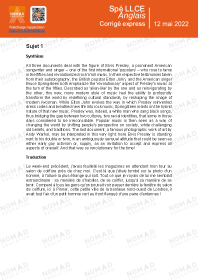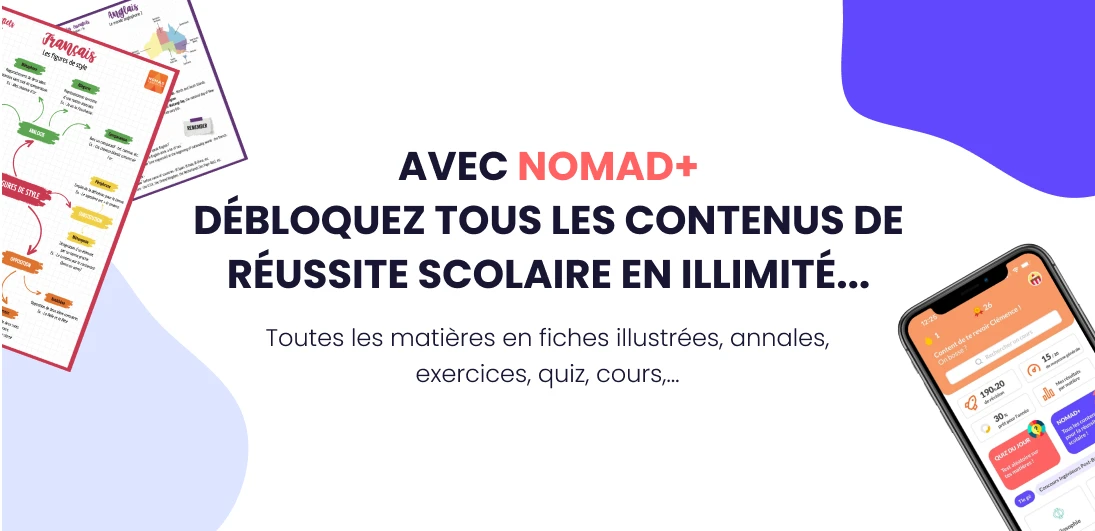The God of Small Things
📝 Mini-cours GRATUIT
The God of Small Things: summary
🎲 Quiz GRATUIT
📄 Annales PREMIUM

Sujet d'entraînement corrigé — Spé LLCE Anglais

Annales corrigées de Métropole 2022 – Spé LLCE Anglais

Annales corrigées de Métropole 2024 – Spé LLCE Anglais

Annales corrigées de Métropole 2023 – Spé LLCE Anglais



